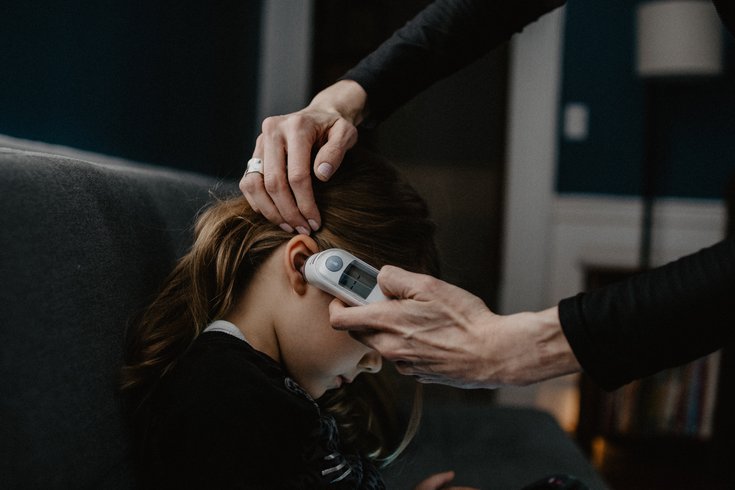
February 10, 2021
 Kelly Sikkema/Unsplash
Kelly Sikkema/Unsplash
New research contradicts the theory that exposure to seasonal coronaviruses, like the ones that cause the common cold, offers protection against COVID-19.
The idea that previous illnesses caused by other coronaviruses offer some antibody protection against SARS-CoV-2 was one of the earliest theories scientists developed to explain why most children and some adults only develop mild COVID-19 illnesses or have no symptoms at all.
Some earlier data, including a study published late last year, supported this idea. But the latest research from the University of Pennsylvania offers some contradictory evidence.
Penn researchers found seasonal coronaviruses — like those that cause the common cold — leave behind some antibodies, but they are not the neutralizing kind. Any potential protection that recent exposure to seasonal coronaviruses offers does not come from these antibodies.
"We found that many people possessed antibodies that could bind to the SARS-CoV-2 before the pandemic, but these antibodies could not prevent infections," said Scott Hensley, an associate professor of microbiology at Penn's Perelman School of Medicine.
"Although antibodies from prior coronavirus infections cannot prevent SARS-CoV-2 infections, it is possible that pre-existing memory B cells and T cells could potentially provide some level of protection or at least reduce the disease severity of COVID-19. Studies need to be completed to test that hypothesis."
The Penn researchers analyzed hundreds of blood samples banked before the pandemic. More than 20% of them carried "cross-reactive" anti-CoV antibodies that could bind to the novel coronavirus but couldn't stop its ability to cause infection.
Cross-reactive refers to the ability to attach to similar sites on more than one type of virus. Patients with these cross-reactive antibodies who later developed COVID-19 didn't have any better outcomes than patients who didn't have the antibodies, the researchers found.
They also found that children and adults generally have similar levels of cross-reactive anti-CoV antibodies — indicating that these antibodies aren't the reason most children avoid severe COVID-19 infection.
This is a sharp contrast to research published last December in the journal Science. That study found children and adolescents were more likely than adults to have cross-reactive antibodies.
The blood samples for the Penn study, which was published in the journal Cell, were collected from 263 children at the Children's Hospital of Philadelphia and 168 adults at the Penn Medicine Biobank in 2017.
The researchers also analyzed blood samples from 27 hospitalized COVID-19 patients. They found the levels of cross-reactive anti-CoV antibodies actually increased during their illness.
Larger studies are needed to fully answer the question of whether existing anti-CoV antibodies can protect against the novel coronavirus, Penn researchers said. They suggest future studies examine other types of immune response, such as the T cell response, to determine whether they provide any protective effect.
Some infectious diseases specialists have said the University of Pennsylvania study offers the most convincing evidence so far, and could explain why superspreader events occur despite so many people having cross-reactive antibodies.
"It's really nice to have a study that's this well done," Shane Crotty, a virologist at the La Jolla Institute of Immunology in San Diego, told The New York Times. The theory that these antibodies offer protection "has definitely got a strong appeal because at first blush, it can explain a lot of the pandemic. But a beautiful idea doesn't make it true."